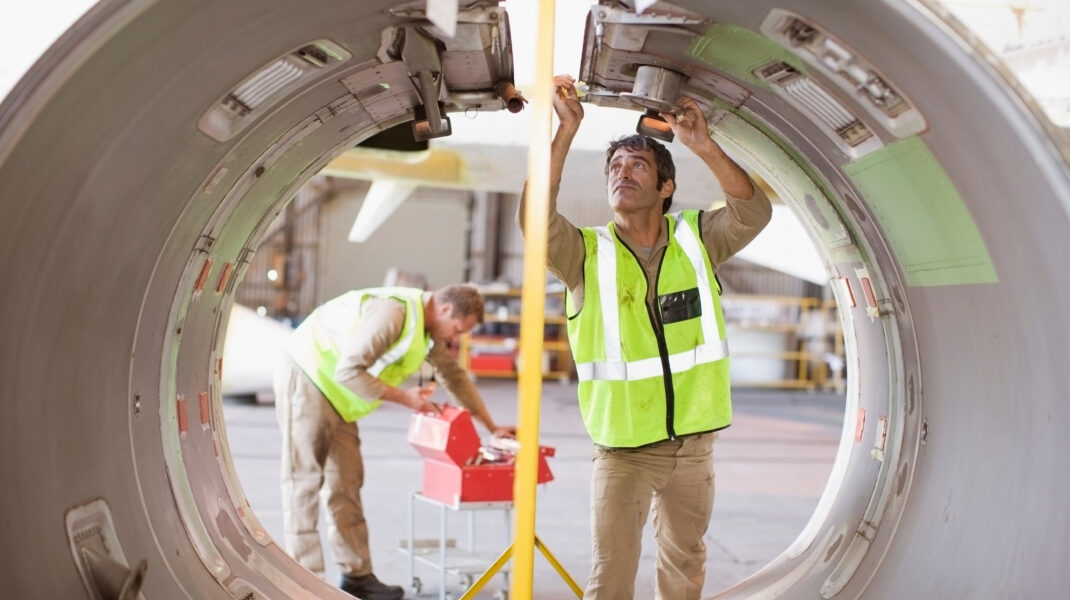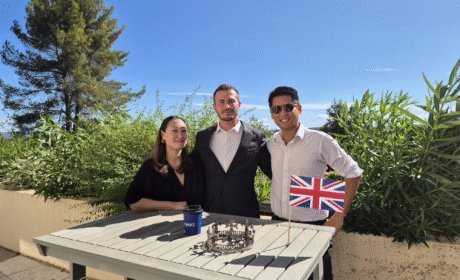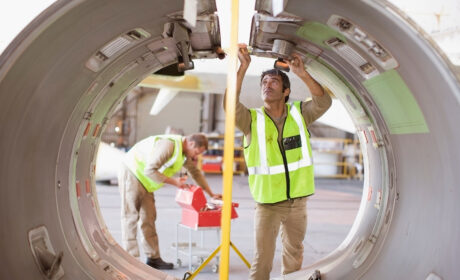While the aerospace and defence sectors are posting positive results overall and have full order books, this strong economic and industrial health should not obscure the fact that many operational uncertainties remain, both in terms of the supply chain and recruitment. A company such as agap2, with its ability to advise decision-makers and transform industrial tools, is now in a position to support ASD players, from the supply of raw materials to the finished product.
What challenges will the ASD sectors face in 2025?
In early June, « L’Usine nouvelle », the French monthy magazine, ran the headline: “If order books are full, what is the point of the Paris Air Show?” A slightly provocative statement, quickly qualified in the article, but based on a real impression. The major players in aeronautics, in particular, and in the related space and defence sectors, are indeed posting spectacular results and have full production schedules. Airbus, with a 6% increase in turnover in the first quarter, saw its net profit rise by 33%. 8,726 aircraft have been ordered from Europe’s leading aircraft manufacturer. Similar increases can be seen at Dassault Aviation (driven by the Rafale and Falcon), Safran (which has increased its production capacity for helicopter engines by 40% in two years) and Thales, particularly in its aerospace and defence divisions.
However, these results and growth prospects cannot hide the enormous constraints weighing on the sector. First and foremost is recruitment. The increase in production rates at all stages of the industrial chain will require 25,000 new recruits by 2025, according to GIFAS figures. In addition to new recruits, there are junior employees whose skills need to be developed: of the 222,000 people employed in the ASD, nearly 30% have only two years’ seniority. Furthermore, labour shortages still affect many skilled positions. In 2025, the issue of human capital will therefore be crucial.
The other major constraint again lies in supply. Pressure on deadlines and saturated production capacity, in a context of increased global competition, are weakening suppliers and subcontractors, as well as maintenance providers forced to cope with parts shortages.
Real industrial challenges to be faced
In most cases, the response to these constraints involves major industrial transformations. These are implemented for short-term objectives, but also to meet the long-term challenges of the various fields of ASD.
Today, R&D efforts are focused, for example, on sustainability: 35% of new projects in aeronautics are related to carbon-free fuels and their use. Throughout the ASD value chain, AI is revolutionising the way we work, from innovative space start-ups to aerospace and defence assembly plants. Some are seeking to use this intelligence to its full potential, while others must use it while examining its consequences on security and decision-making.
Another recurring theme involving industrial transformation is sovereignty. Whether we consider a European firefighting aircraft project – the Frégate F-100 led by start-up Hynaero and Airbus – or the relocation of defence manufacturing, this issue poses industrial challenges ranging from sourcing to production and local maintainability.
It is in this context that a player such as agap2, a strategic partner of the ASD industry, positions itself, transforming economic constraints and the sector’s development priorities into new levers through comprehensive support for manufacturers.
agap2, tailor-made support
As a consulting firm specialising in aeronautics, space and defence, agap2 is positioned across the entire value chain of the sector. This is why the company offers its clients a comprehensive overview based on the expertise it has developed through its projects. agap2’s primary mission? To understand and anticipate the needs of these types of players and provide them with extremely concrete solutions, whether for the entire product development cycle or specific support during the design, manufacturing or maintenance stages.
This support, while necessary in ‘quiet’ periods, is even more important in a context of increasing production rates: agap2 has made the implementation of new production lines and continuous improvement processes one of its specialities. Recently, the company led an industrialisation project for a major supplier in the defence sector in a context of accelerating production rates. This project responds to new orders, but also to a longer-term expansion strategy for the client company.
In the shorter term, thanks to a dense territorial network, agap2 consultants can be mobilised within 48 hours, with responses tailored to specific contexts. One of the best examples of this flexibility of deployment can be found in the Field Engineers unit created by the supply chain consulting company. At a client’s request, engineers can work with suppliers to provide industrial support, with the aim of responding to an increase in demand or a delivery delay issue.
As a multi-specialised consulting firm, agap2 has made strategic support its trademark, whether it involves co-managing the construction of a factory, providing logistics support at very short notice or implementing new project management practices. Anticipating current industrial changes, the company has embraced the pillars of the ASD sector, whether in terms of sustainable development, innovation or sovereignty: working closely with its industrial clients to address their challenges, the company transforms them into performance.



